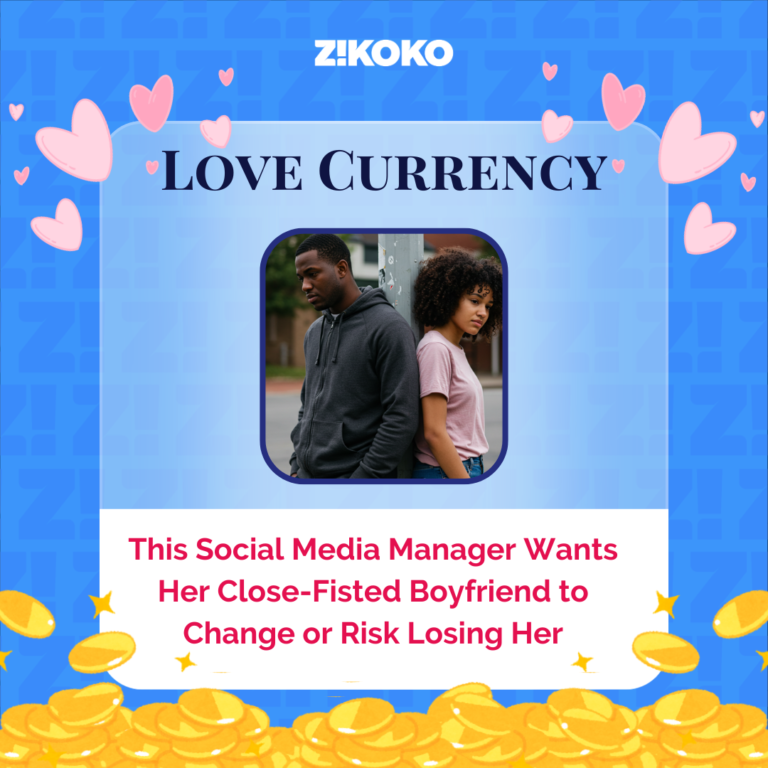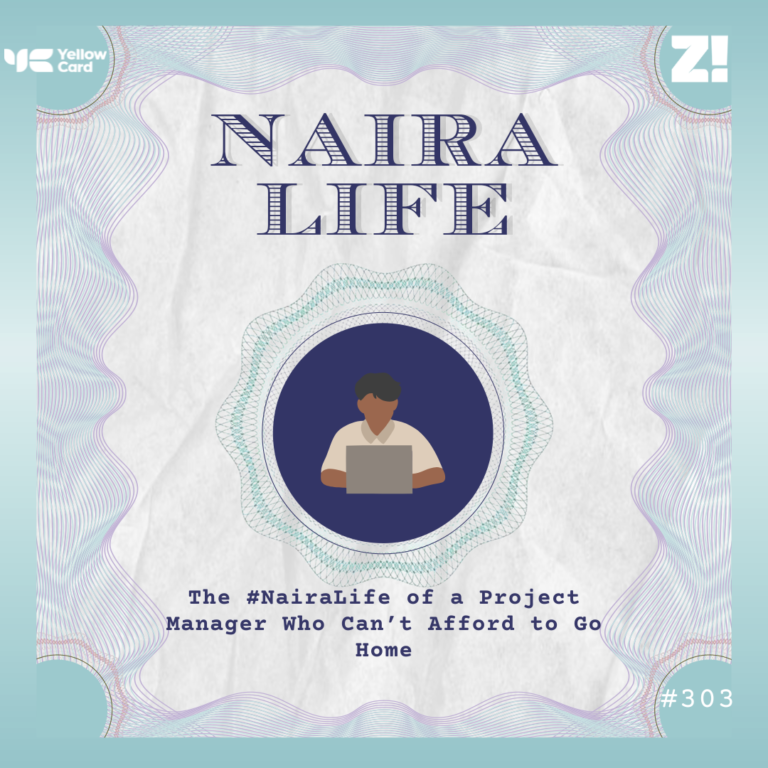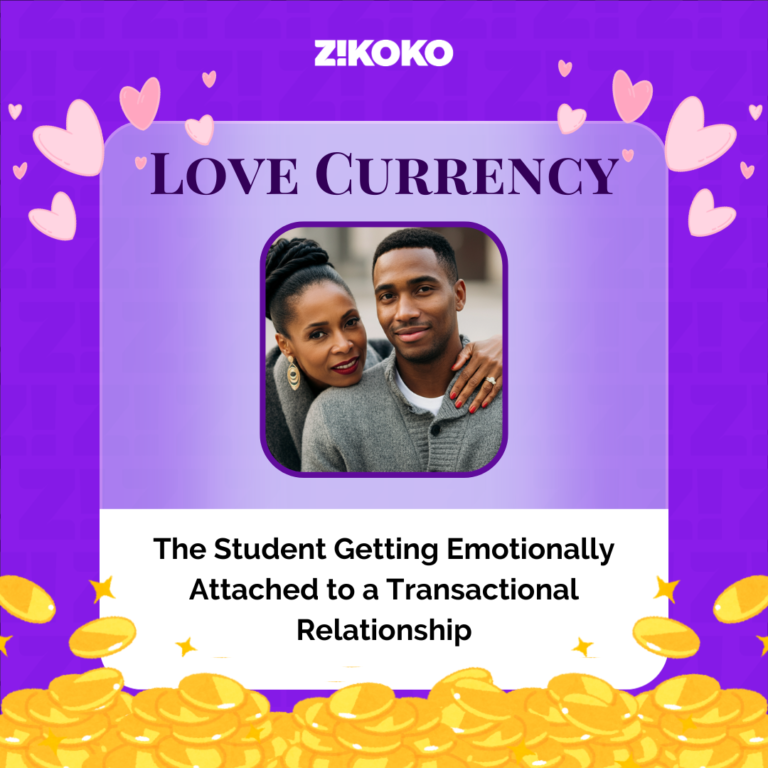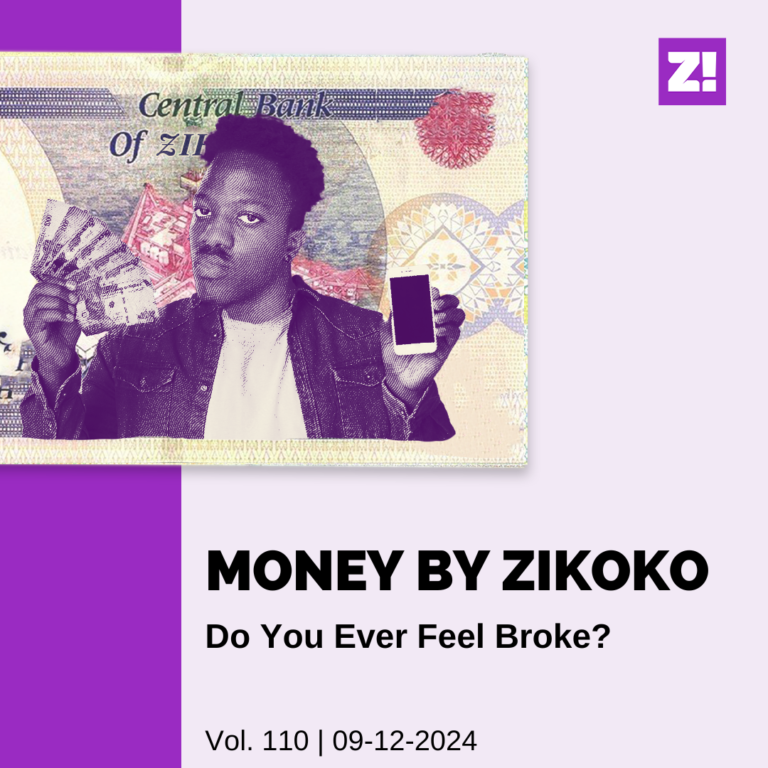Do the children of Nigerian politicians recognise their [often unfair] privilege? Amelia* does. The 24-year-old talks about growing up privileged, her reasons behind publicly denying her family and why she’s grateful for them regardless of how they make money.
As told to Boluwatife

Image by Freepik
I’ll be honest; I’m privileged, and I know a lot of that privilege comes from dirty money.
My family has been in the Nigerian political scene since before I was born, and from a young age, I had a sense of how things worked. I knew my parents were important people, and not everyone liked us. I got to know that second part because my mum always talked about enemies and people plotting our downfall.
Visitors were constant in our house, and my mum tried her best to ensure that my siblings and I were always in a different wing —mainly for security concerns but also because she didn’t want us too involved in my dad’s business. Again, because she didn’t want our enemies to get us. You’d wonder why she married a politician in the first place.
But despite my mum’s best efforts, it was hard to miss the plenty of cash always available at home, especially during campaign periods. My dad liked introducing his smart daughter to his colleagues, so I frequently got cash gifts. I once got ₦200k cash as a 12-year-old for greeting my dad’s colleague in French.
To be honest, I had a lit childhood. I attended secondary school with children of politicians and businessmen, and while everyone was rich, I was considered a rich kid.
My dad was in office throughout my secondary school days, so I didn’t lack anything. I had a ₦100k/month allowance even though I had access to free meals at school and didn’t have expenses. So, I did what any teenager with too much money would do and spent it all on my friends.
My generosity made me popular, and everyone wanted to be my friend at school. I even created a clique of my top seven best friends and often bought them gifts for no reason.
I pretty much did the same thing during my time at the university. I schooled abroad, but money still wasn’t a problem. I was the friend who would convince everyone to abandon class so we’d take an impromptu flight to one Island somewhere or attend a Taylor Swift concert.
I spent money without thinking twice about it because, well, the money was there. Aside from getting allowances from my parents, my name also opened doors, especially when I was in Nigeria. My dad’s colleagues fall over themselves to give me gifts or do favours for me because they know I’m one of my dad’s favourite children and want to be in his good graces.
When I first became active on social media and fancied myself a content creator, I plastered my name on my accounts. In hindsight, I knew it was a bad idea. Most of my friends from political families tend to stay low-key for safety concerns and to avoid random insults from Nigerians who are angry at whatever their politician parents do.
But I was proud of my name, so I owned it. It went well at first. Brands began reaching out to offer me free stuff so I could post them on my feed, and I was really getting into my influencer bag when the COVID lockdown happened in 2020.
It wasn’t particularly the lockdown that made me rethink publicly affiliating with my family; it was what happened after the lockdown — the #EndSARS protests and the mass looting of COVID-19 palliatives.
I wasn’t in Nigeria while all those were happening, but there was this palpable tension, especially among the ruling class. It was like a threat to a system that’d worked so well for certain people over time; no one knew how much effect it’d have. I wasn’t too concerned because I’m not that crazy about politics. But then, a few angry Nigerians found my social media, linked me to my father and started commenting about — and swearing for — politicians’ kids who help in spending the country’s money.
There were only a few comments like that, but I panicked and hurriedly deactivated my accounts before the attacks would gather steam. That was my first reality check about the people praying for my family’s downfall that my mum had been preaching for years, and I didn’t like it.
Since then, I’ve become wiser. While I’m back on social media, I use a pseudonym. I’ve abandoned all plans of becoming a content creator and set all my accounts to private, so it’s just my friends and people in our circle who know who I am.
I also often deny my family name in public spaces. I work in the professional space now and have had to deny being related to my family more than once when I introduce myself to people, and they ask about my distinct surname. Of course, some people in the political circle still know who I am, but I try to limit that knowledge.
My friends usually ask why I do the whole hide-and-seek thing, and I think a major reason is self-preservation. I don’t want a target placed on my back simply because of my family’s choices. I prefer not to be judged based on who my father is or what he did before I was born.
I know my family has done some illegal things, and my privilege isn’t exactly clean, but I’m not ashamed of my family. Claiming to be ashamed would be a lie. They’ve provided me with a good life and meaningful connections, and many people would kill for the same opportunity. I know several political families who aren’t as close-knit and loving as mine, and I wouldn’t trade that for anything.
No one chooses their family; the most we can do is work with the cards we’ve been dealt. The same way a poor person can’t run away from their family because they were born poor is the same reason I can’t run away from mine.
I don’t always agree with my family’s actions and don’t see myself towing the same path, but I can’t become a puritan and choose to live like a pauper because I don’t want to touch blood money. I’m trying to make my own path and career, but I won’t reject my family’s support where needed, either.
Not everyone will agree with me, but I think it’s worse to pretend like I don’t know my privilege because I don’t want to offend anyone. I have access to bastard money and can choose not to work if I want to. It’s not fair, but then life isn’t fair. I can’t change my family or “turn them good,” so I have no choice but to accept them.
Still, I want to make a name for myself, and I don’t want my surname to announce me before I even arrive. So, I’ll probably keep denying my family in public for as long as possible.
*Name has been changed for the sake of anonymity.
NEXT READ: I Idolised a Nigerian Politician and Almost Lost Myself




